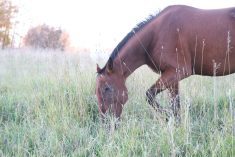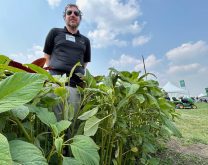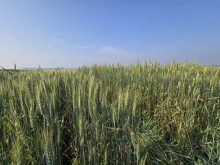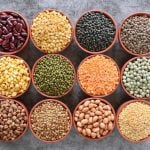Wish lists}The
national beef and pork industry associations want their issues as planks in party platforms
by ron friesen
staff
Improved market access and better business risk management programs top livestock producers’ wish lists for the May 2 federal election.
The Canadian Cattlemen’s Association and the Canadian Pork Council vow to make trade and BRMs election issues as the campaign gets underway.
Read Also
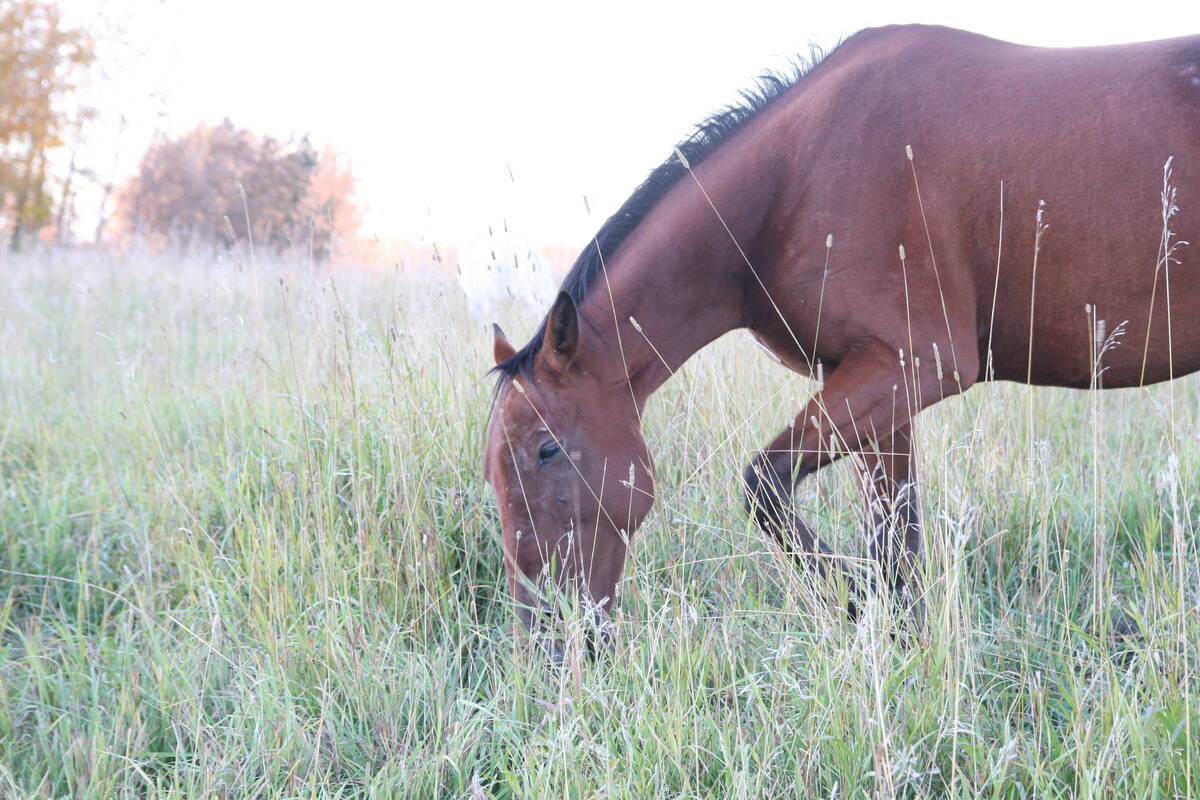
Beware giving horses too much iron
Horses consuming too much iron through diet or well water risk health problems like laminitis. Mineral testing forage and water is good practice for owners.
They also say they will tell politicians that rising input costs and an increasing regulatory burden hinder producers’ competitiveness.
Both CCA and CPC are encouraging members to lobby political candidates on matters affecting their industries.
The CCA plans to send all four major political parties a document outlining industry concerns and recommending ways to deal with them.
Parties are expected to brief candidates on what the cattle industry wants before they hit the election trail, said John Masswohl, CCA’s government and international relations director.
“This is something every candidate should know before they knock on a rancher’s door,” Masswohl said.
CPC is also asking its provincial associations to lobby candidates on pork industry concerns, said council spokesperson Gary Stordy.
Greater access to foreign markets for Canadian beef and pork is something politicians need to be aware of, CCA and CPC say.
Both stress the need for Ottawa to negotiate free trade agreements with other countries to increase red meat exports.
Competitive disadvantage
Masswohl and Stordy named South Korea as a prime example of a nation with whom a free trade agreement is needed.
But talks between Canada and South Korea have broken off, partly because of Korea’s refusal to admit Canadian beef over BSE concerns. The matter is currently before a World Trade Organization trade dispute panel.
Meanwhile, the United States has negotiated a trade agreement with Korea which puts Canada at a disadvantage, Stordy said.
U.S. pork will now enter Korea under gradually declining tariffs, making it cheaper to import and more competitive against Canadian pork, which remains subject to higher tariffs, he said.
But Masswohl said the beef dispute must be resolved before CCA will support a Canada-Korea free trade deal.
“Our position has been that we will not support implementation of a free trade agreement with Korea until the beef issue has been resolved.”
Competitiveness in the livestock sector is another important area CCA and CPC want politicians to recognize.
Both groups want government to promise consultations before enacting regulations that impose extra costs on producers.
Producers say measures such as livestock traceability, on-farm food safety programs and animal care initiatives saddle them with added expenses they cannot recover from the market.
AgriStability improvements
Both Masswohl and Stordy agreed the red meat sector needs improvements to the Growing Forward suite of BRMs, mainly AgriStability.
Livestock producers frequently criticize the margin-based farm income support program for not meeting the needs of producers who have negative margins resulting from extended periods of low income.
Hog farmers are only now starting to see positive margins after four years of depressed prices. Cattle producers say they are still recovering from the after-effects of BSE in 2003.
Masswohl said livestock producers prefer to get their returns from the marketplace through higher sales and lower costs. Market access is about getting revenues up and competitiveness is about getting costs down, he said.
But if circumstances prevent producers from achieving that, they need BRMs that work to their advantage. Right now they’re not doing that, said Masswohl.


